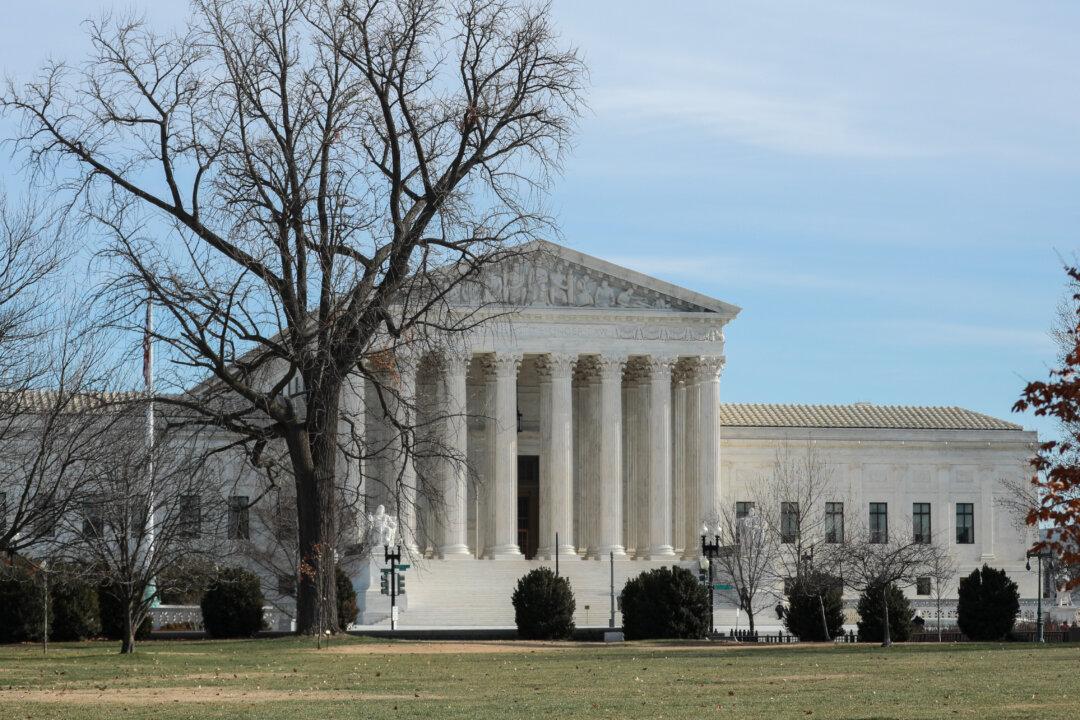WASHINGTON—Employers aren’t allowed to shorten a six-year limit for retirement plan participants to sue over mishandling investments simply by mailing participants disclosure documents or posting them online, the Supreme Court has ruled.
The unanimous decision is a victory for the Trump administration, which supported the participants’ position in the appeal.





